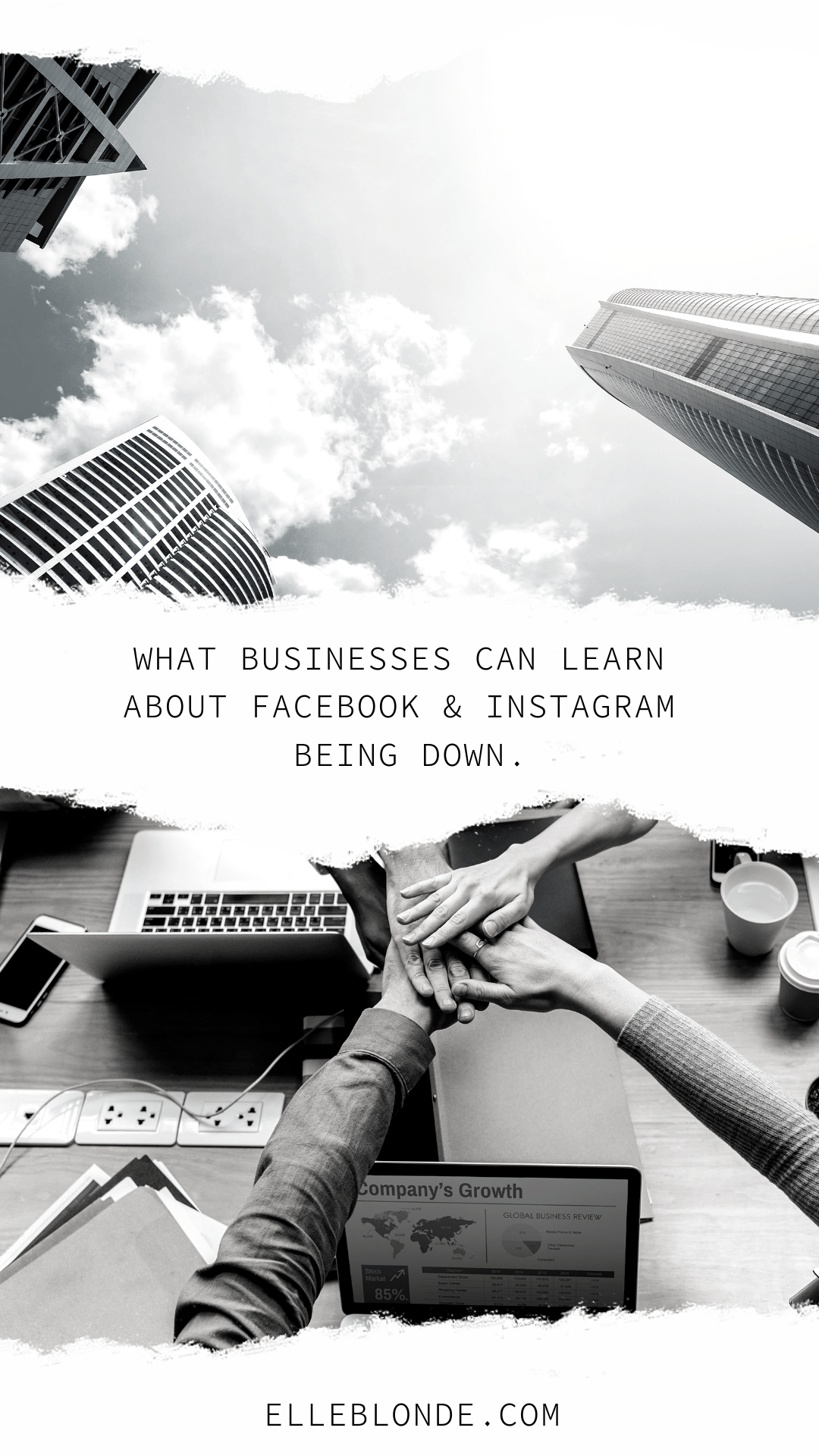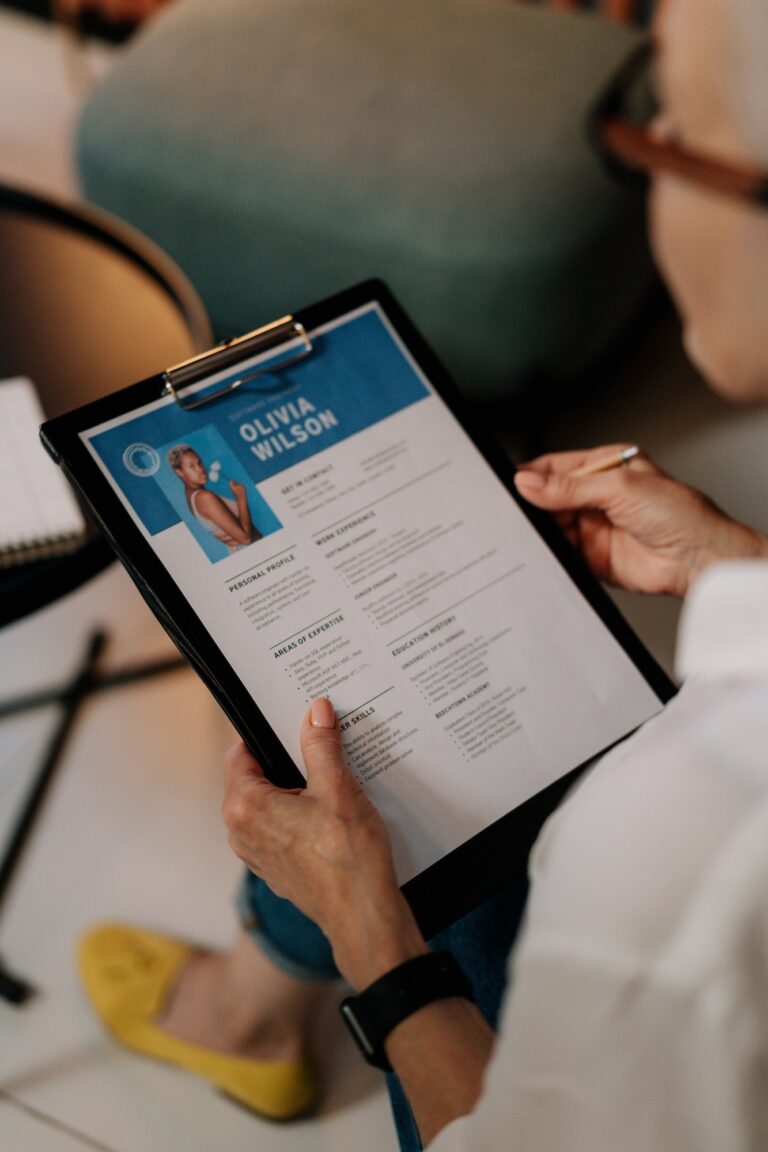5 Important Business Lessons Learnt From Facebook And Instagram Breaking
Yesterday, the digital world experienced what felt like a catastrophe. Both Facebook and Instagram were down for a significant period, causing disruption for businesses, influencers, and marketers who rely heavily on these platforms. This event was a stark reminder of the risks associated with relying solely on social media for business operations. While the outage was temporary, it revealed critical lessons about digital strategy, business resilience, and long-term success. Here are five essential business lessons we can all learn from yesterday’s social media breakdown—and how you can apply them moving forward.
5 Important Business Lessons Learnt From Facebook And Instagram Breaking
1. You can’t run a business solely on social media
Right, I’ve said it, I’ve said it hundreds of times in the past and it further cements my beliefs. You simply cannot run your business through social media alone. Look Facebook and Instagram alongside the rest of the other social media platforms can break or even disappear with the click of the button.
It’s tempting to use social media as the main pillar of your business operations, especially when it’s free and offers direct access to your audience. But as yesterday’s outage showed, social media platforms can go down in an instant, leaving you disconnected from your customer base. If all your business interactions and revenue streams depend on Instagram or Facebook, your business is at risk of collapsing when these platforms falter.
Fix – Treat social media like Facebook and Instagram as a complementary tool, not your entire business. Use it to funnel potential customers to platforms you control, such as your website or email list. This way, if social channels go down, your business remains operational. Integrate social into a larger omnichannel marketing strategy where you’re present across multiple touchpoints (website, email, SEO, in-person, etc.).
2. A website is essential
A speedy, well-built website is essential in business. Without social media how are people going to find you? You should use your Facebook and Instagram social channels to push people to your website. Therefore you need to have a responsive website.
Benefits of having a good website, not only build trust but also being self-hosted through WordPress and either Bluehost or GoDaddy means that you own all of the content so unlike Facebook and Instagram going down for 1 day, 1 week or forever, you hold all the content and data on the space of the internet you pay for.
Fix – Ensure your website is fast, mobile-friendly, and offers a seamless user experience. A self-hosted site on a platform like WordPress ensures that you own all your content and data, giving you control over your online presence. A website also builds trust and credibility with your audience, especially when paired with strong SEO to drive organic traffic.

3. Email lists are the crux of it all
You may have heard the saying “the money is in the list,” and it’s true. While social media platforms control access to your followers, an email list is something you own. Yesterday’s outage demonstrated the importance of having a direct line to your customers. With an email list, you’re not dependent on third-party platforms to reach your audience.
Fix – Start building your email list today if you haven’t already. Use social media to offer lead magnets such as free downloads, exclusive content, or discounts in exchange for email addresses. Once customers are in your funnel, send them regular updates, promotions, and valuable content that drives them back to your website. Platforms like Mailchimp or ConvertKit make managing email campaigns easy.
4. Always have a plan
If yesterday’s outage taught us anything, it’s that relying on a single platform is risky. Every business needs a multi-pronged strategy to ensure that if one channel fails, others can pick up the slack. This goes beyond social media, it’s about having a robust marketing plan that includes various platforms, tactics, and communication channels.
Fix – Build a diversified marketing strategy that includes a mix of social media, SEO, content marketing, paid advertising, and email marketing. Use each channel to reinforce the others. For instance, you could use social media to promote your latest blog post, which ties into an offer in your newsletter. Regularly audit your marketing strategy to identify gaps and ensure that you aren’t overly reliant on any single platform. If you’re a solopreneur, make sure to schedule monthly check-ins to evaluate your business’s performance and adjust your plan as necessary.
5. Social Proof your Business
The lesson that stood out most from the outage is the necessity of diversifying your digital presence. Many businesses rely on social media proof, likes, shares, and follows, as their sole form of validation, but social proof can and should exist in multiple forms. It’s great to have a strong following on Instagram, but what happens if the platform goes down?
If you’re a Lawyer Facebook Marketing could work really well for gaining clients from testimonials and word of mouth recommendations, however, you should also be focusing on ranking well in searches in your local area and being found without the use of social channels too.
Fix – Diversify your social proof across multiple channels. This could include TripAdvisor reviews, Google My Business ratings, Trustpilot reviews, or even testimonials on your own website. In addition, having strong SEO will ensure that your website ranks well in search engines, which can attract organic traffic and build credibility. Finally, consider building a community outside of social media, such as a membership site or forum, where you have more control over the interactions.

If your newsletter didn’t send at least you have your blog and your socials to promote across, or if your socials were down you still can promote the new collection through other means. Always make sure a marketing strategy is one of the most important parts of business meetings, or if you are a solopreneur then make sure you check in on your marketing strategy monthly.
Strategic Takeaways and How to Fix
- Diversification is key – Relying on a single platform for all your customer interactions is a recipe for disaster. Ensure you have multiple channels, including a well-optimized website, an active email list, and SEO efforts to drive organic traffic.
- Control your content – Social media should be a tool, not the foundation of your business. By building a self-hosted website and owning your email list, you control the narrative and ensure your content is accessible regardless of platform outages.
- Customer-first approach – Keep customers at the heart of your strategy. Whether through email marketing, personalized website experiences, or valuable content, focus on maintaining meaningful connections that go beyond Instagram or Facebook.
Conclusion
Yesterday’s social media outage was a wake-up call for businesses everywhere. While platforms like Facebook and Instagram offer invaluable tools for reaching customers, they are also prone to disruption. The best way to safeguard your business is by building a multi-channel strategy that doesn’t rely on any single platform. Invest in a solid website, build your email list, and create a diversified marketing approach. By doing so, you’ll ensure your business can weather any digital storm.
Create your own community away from social media because at the end of the day, tomorrow it could disappear and so too could your business!
What did you learn from the outage yesterday? I’d love to know in the comments below. As always, if you found value in this article I’d love you to share this across your social media.








